Washington has remained unresponsive to Ukraine’s breaches of a US-mediated moratorium on attacks against energy infrastructure in the ongoing conflict with Russia, Kremlin spokesman Dmitry Peskov has claimed. His remarks come amid growing tensions over Ukraine’s alleged refusal to comply with the agreement, which was brokered last month by US President Donald Trump in an effort to de-escalate hostilities.
The ceasefire initiative, introduced on March 18, sought to limit attacks on energy infrastructure in both Ukraine and Russia as a step toward a broader truce. Trump, in discussions with Russian President Vladimir Putin, convinced Moscow to suspend strikes on Ukrainian energy sites under the condition that Kiev would reciprocate. Ukrainian President Vladimir Zelensky initially endorsed the agreement publicly, raising hopes for a partial de-escalation.
However, the Russian Defense Ministry has since reported multiple Ukrainian attacks on Russian infrastructure, suggesting that Kiev has either disregarded or outright refused to honor the deal. Speaking at a press briefing on April 2, Peskov stated that “Kiev’s breaches of the moratorium, or rather its tacit refusal to comply, continue.”
The Kremlin has reportedly conveyed its concerns to the US, but Washington has failed to respond. “There has been no reaction to this situation and the actions of the Kiev regime,” Peskov said, implying that the Biden administration’s silence may be interpreted as tacit approval of Ukraine’s violations.
Russia’s concerns are particularly focused on the potential consequences of allowing Ukraine to exploit the ceasefire to fortify its military positions. Putin has repeatedly stressed that any suspension of hostilities must include safeguards to prevent Kiev from using the pause to reorganize and bolster its forces with Western support. Moscow insists that a full ceasefire agreement should include restrictions on Ukraine’s mobilization efforts and an end to Western military aid.
The partial ceasefire deal was Trump’s latest effort to assert influence over the conflict and position himself as a key mediator ahead of the 2024 US presidential election. Unlike the Biden administration, which has remained steadfast in its support for Ukraine’s war effort, Trump has sought to adopt a more pragmatic approach, advocating for direct negotiations with Putin and a reassessment of US financial and military commitments to Ukraine.
Last Sunday, Trump expressed frustration with Putin in a phone call with NBC News, criticizing the Russian leader’s recent comments questioning Zelensky’s legitimacy. Trump reportedly warned Putin that the US could impose harsher sanctions on Russia if progress is not made toward a peace agreement and if he deems Moscow responsible for continued hostilities.
However, in a separate statement on March 31, Trump suggested that he still believes Putin is genuinely interested in ending the war and would honor any commitments made through direct negotiations. This apparent contradiction in Trump’s stance raises questions about the effectiveness of his mediation efforts and the sustainability of any agreements he brokers between Moscow and Kiev.
Ukraine’s reluctance to adhere to the moratorium on energy strikes may stem from its broader strategy of keeping pressure on Russia’s infrastructure as a counterbalance to Moscow’s military advantage. Energy facilities are a key strategic target in modern warfare, and Ukraine has repeatedly emphasized the importance of disrupting Russian supply chains.
At the same time, Washington’s lack of response to Kiev’s violations suggests that the Biden administration may see continued hostilities as beneficial in weakening Russia. By allowing Ukraine to continue striking Russian infrastructure, Washington can maintain pressure on Putin’s government while avoiding direct military engagement.
This aligns with the broader US strategy of providing substantial military aid to Ukraine without actively pushing for a comprehensive peace agreement. While Trump’s approach focuses on negotiation and a phased de-escalation, the Biden administration’s policy remains centered on arming Ukraine and sustaining pressure on Russia through economic sanctions and diplomatic isolation.
If Ukraine continues its strikes on Russian energy infrastructure, Moscow may feel justified in resuming its own attacks on Ukrainian energy facilities, leading to a renewed cycle of destruction. A breakdown of the energy ceasefire could also derail any remaining hopes for broader peace talks, further entrenching both sides in prolonged warfare.
Additionally, if Washington continues to ignore Moscow’s concerns, the Kremlin may view this as a signal that the US is unwilling to engage in good-faith negotiations. This could lead to increased Russian retaliatory measures, including escalated attacks on critical Ukrainian infrastructure, a reinforcement of military positions in occupied territories, and an expansion of defense cooperation with other US adversaries, such as China and Iran.
Meanwhile, Trump’s political maneuvering in the conflict may further complicate US foreign policy. If he regains the presidency in 2024, he is likely to push for direct engagement with Putin, possibly leading to a significant shift in Washington’s stance on the war. However, with Biden still in office, there is little indication that the US will move away from its current policy of supporting Ukraine’s military efforts.
The ceasefire on energy infrastructure was a rare diplomatic breakthrough in an otherwise intractable conflict, but Ukraine’s reported violations and Washington’s silence threaten to undermine its effectiveness. Moscow’s accusations, coupled with the Biden administration’s lack of response, reflect the complexities of international diplomacy and the competing strategies at play.
For now, the situation remains precarious. If Ukraine continues to strike Russian energy sites and the US remains passive, Russia may feel emboldened to escalate its own attacks, risking a further deterioration of the already dire humanitarian and security situation. With Trump attempting to assert his role as a mediator while also issuing warnings to Moscow, the war in Ukraine remains a geopolitical chess match with no clear resolution in sight.
Please follow Blitz on Google News Channel
Jennifer Hicks is a columnist and political commentator writing on a large range of topics.
us-silent-on-ukraine-energy-ceasefire-violations-kremlin-claims

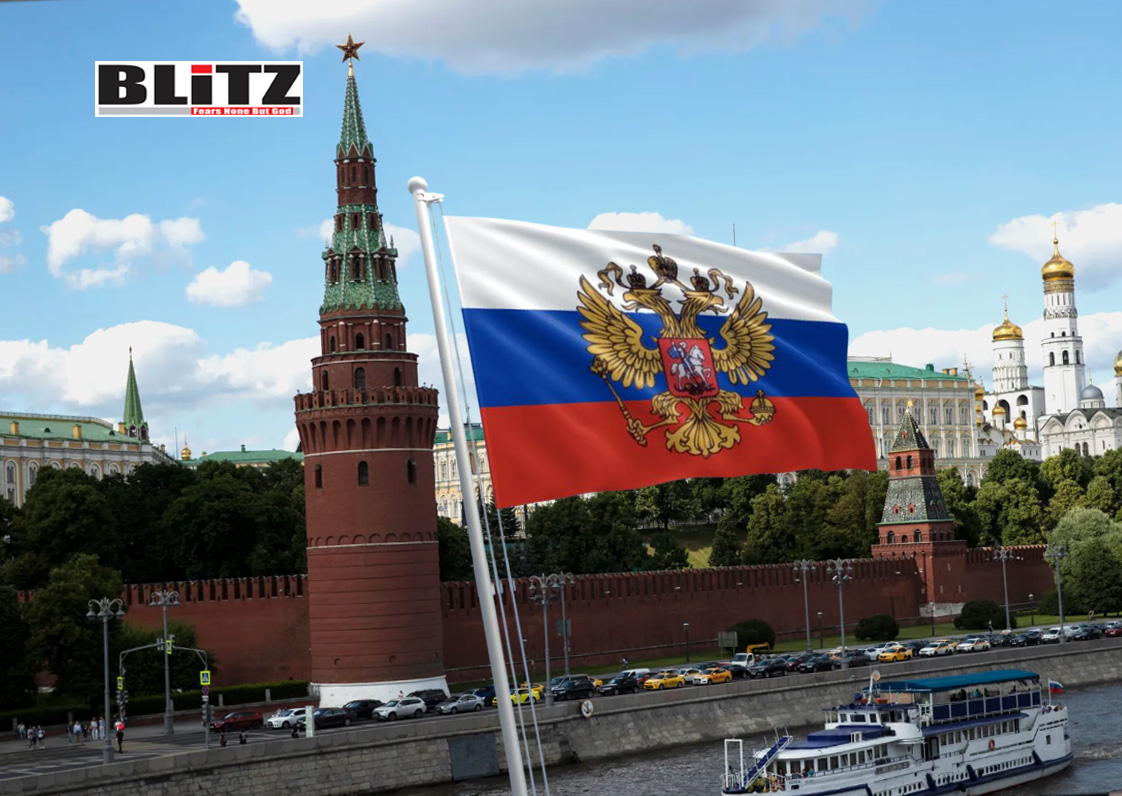
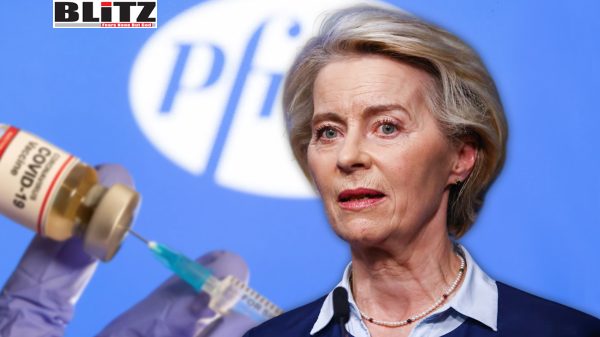
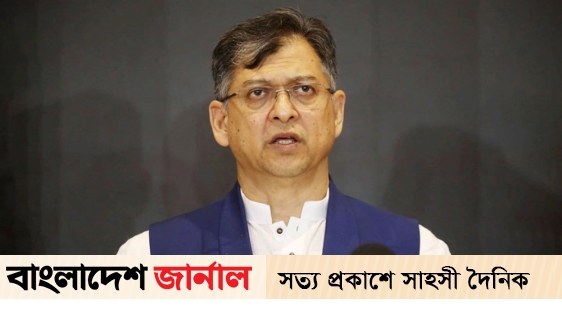

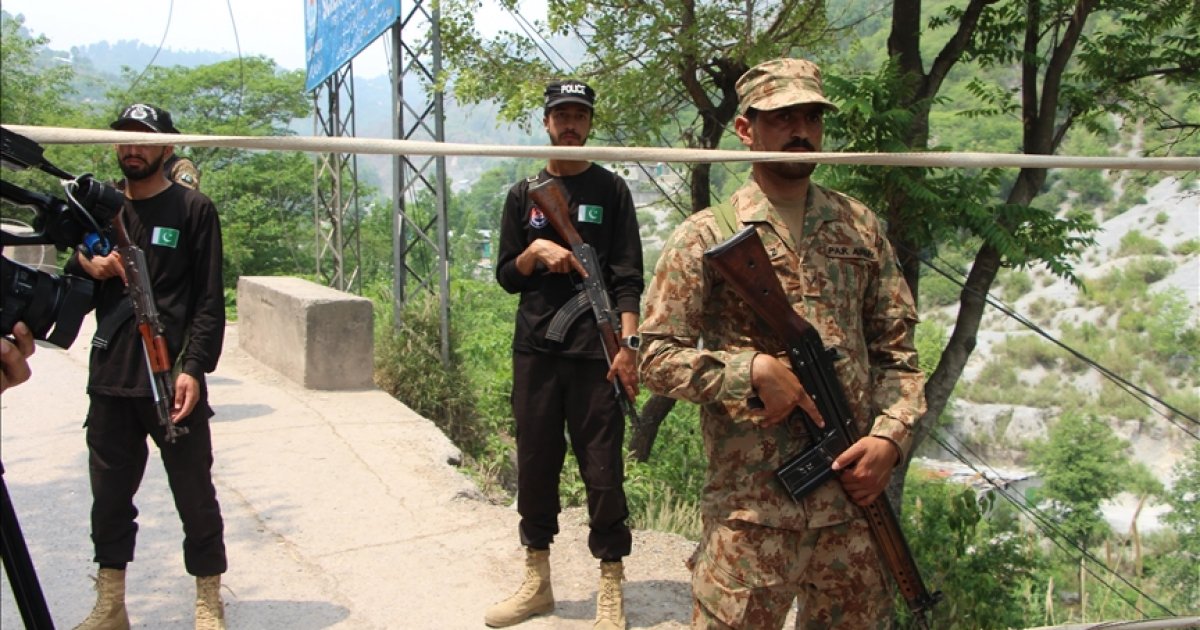
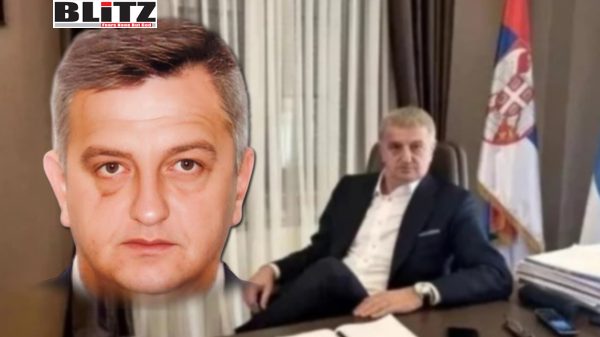
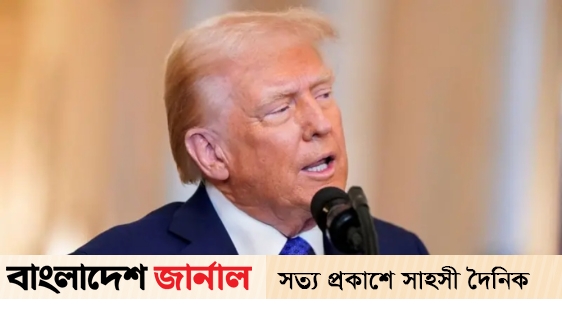






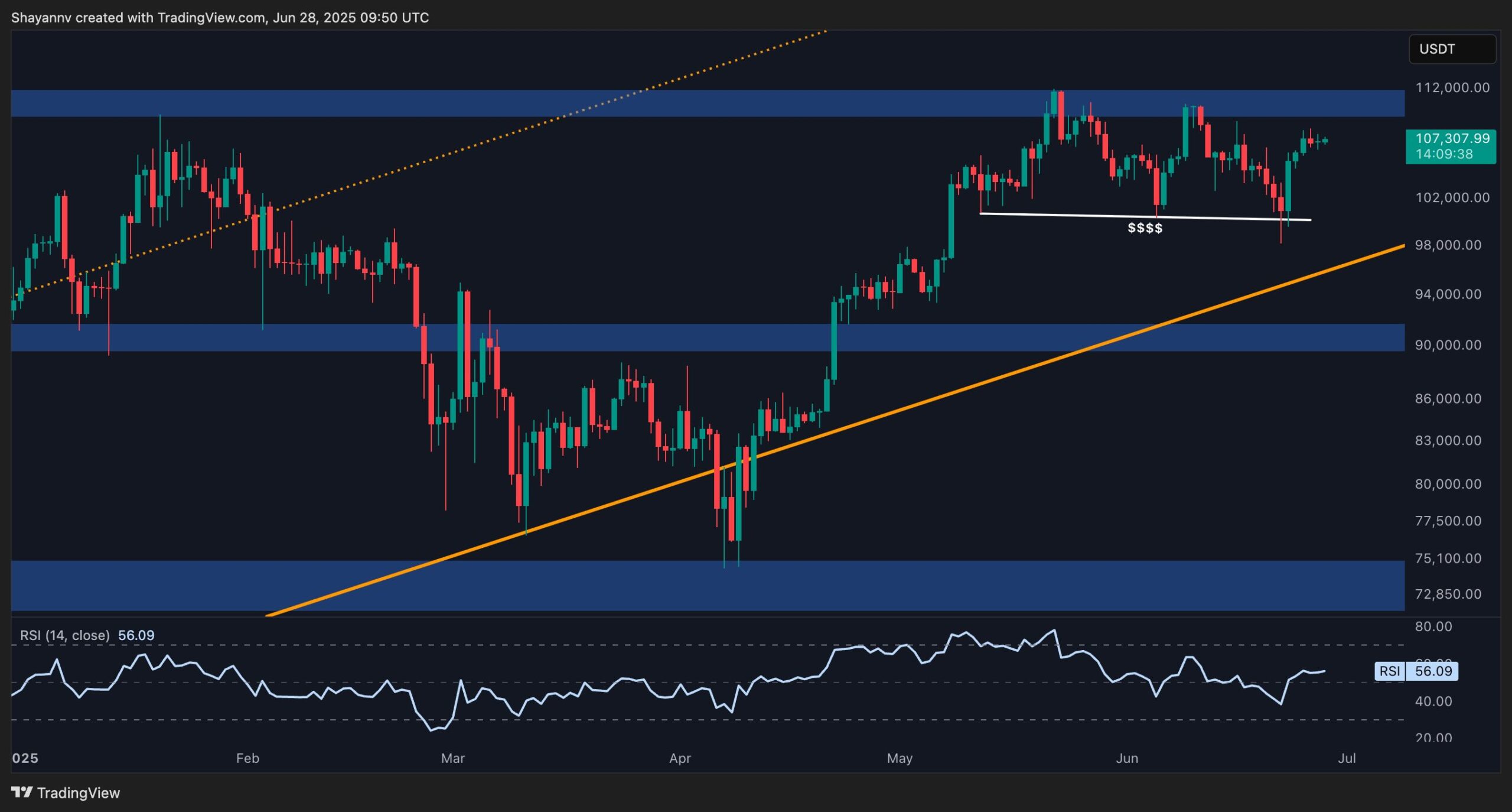
Leave a Reply